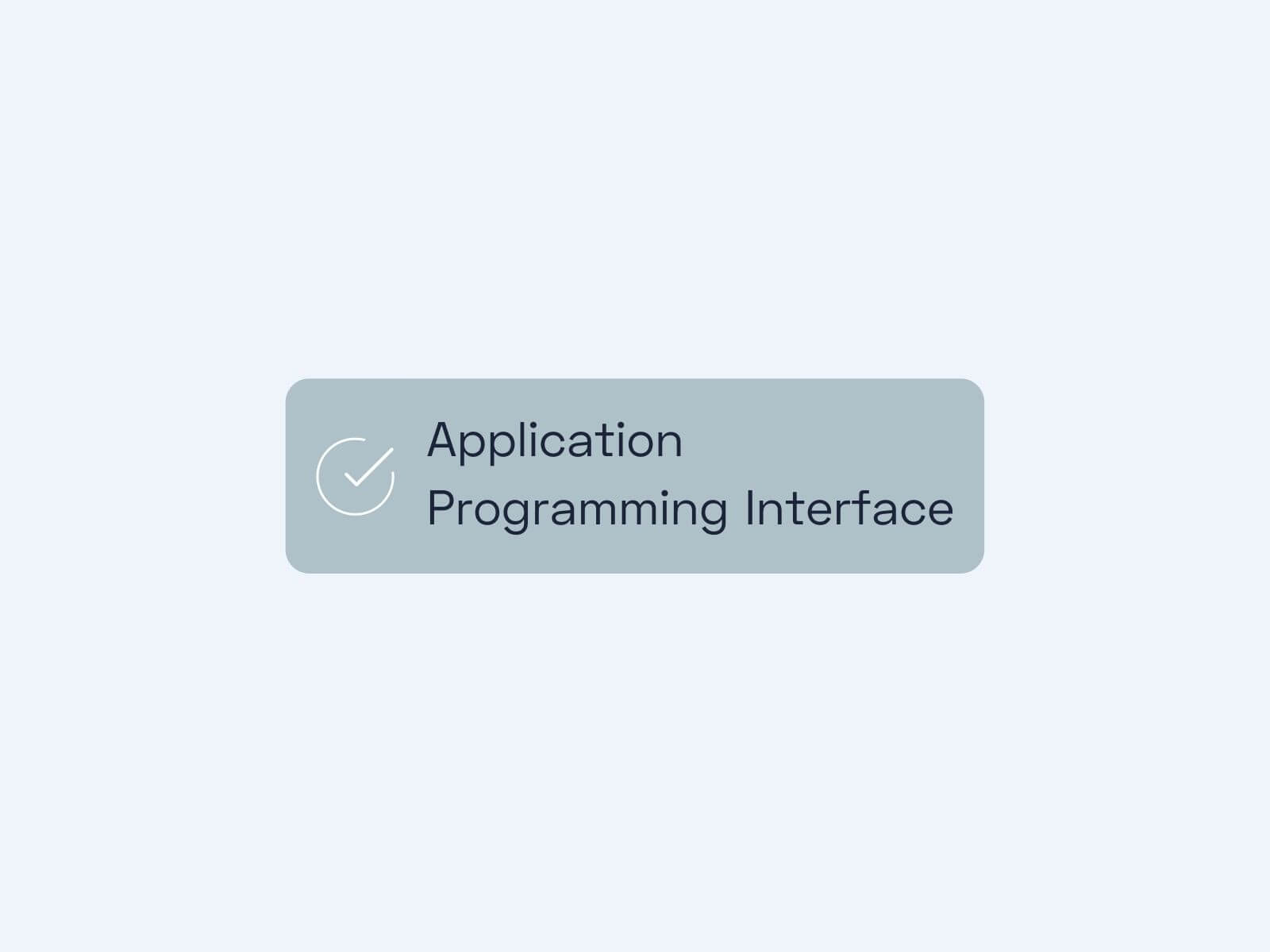An API is a data interface, in which developers can program. It is utilized for different programs and applications, to facilitate communication between them; and can, for example, be used to retrieve and update information, between diverse systems.
Open APIs
Open APIs are programs that allow anyone (with permissions) to utilize them in their own applications. You can use several APIs with each other, to build your services.

API and E-commerce
Building e-commerce solutions is about creating an ability to build things for the future. An important aspect in the choice of an e-commerce solution is the technical base structure. A modular architecture allows developers to adapt and change the solution, to meet future needs. The solution is assembled from separate sundry components, using modern APLs; in addition to ready-made modules, already in the platform.
Modern APIs – An Important Key
An API enables communication between software and systems. With an API in place, you open up opportunities to connect different systems, and to streamline data and work flows. The e-commerce platform can send and receive information about products, stock balances, customer data, price data, and orders to and from external systems; such as: business systems, warehouse systems, etc. With open APIs, developers can even request data from your e-commerce platform, for other systems; e. g. CMSs and CRMs.
More and more Swedes shop online, or do research, before a purchase; using a mobile phone or tablet. As countless more people want to be able to move freely between different channels, it is practical that the e-commerce platform becomes a central engine that - via APIs - provides data, and reflects updates, in real time; to all points of contact with the customer. APIs are the glue that holds everything together. They enable fast communication, and ensure that information can travel freely; between the various systems, in your solution.



